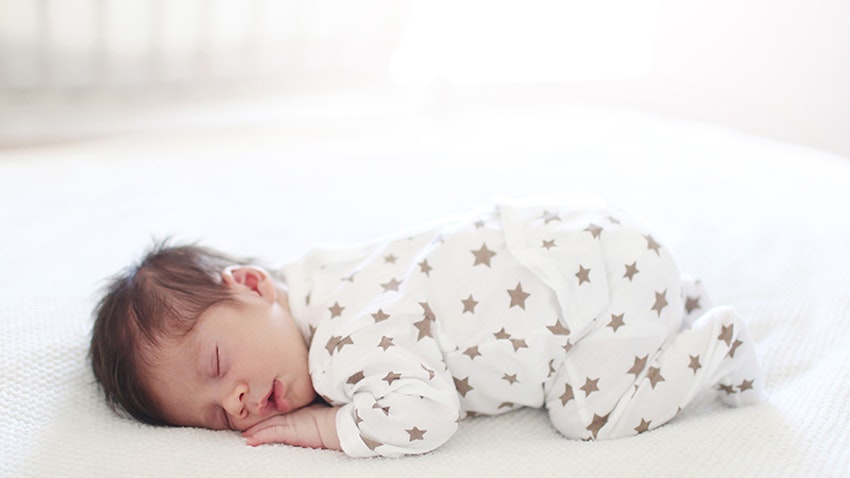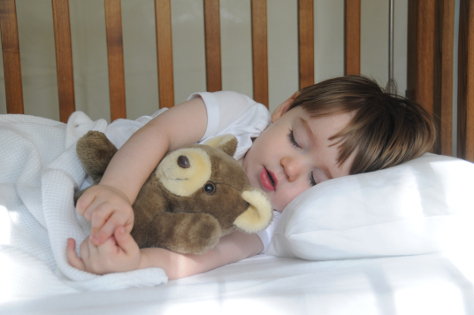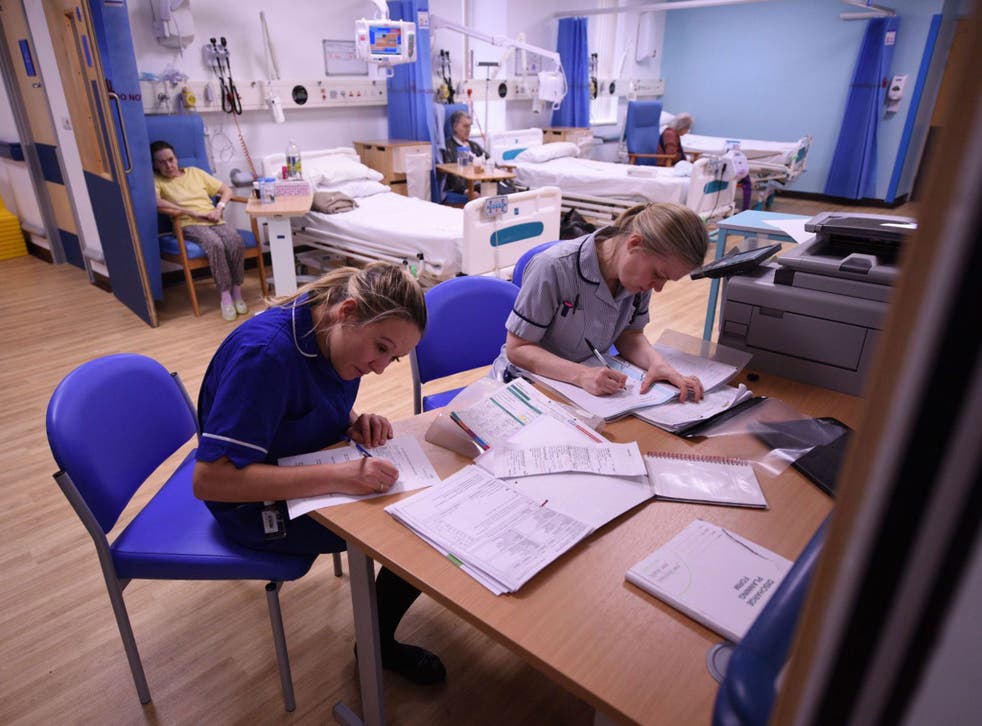when to move baby to own room nhs
For the first 6 months the safest place for your baby to sleep is in a cot crib or moses basket in your room beside your bed and in the same room as you for all sleeps. Necessary for you to move to another room before you are ready to stop the skin-to-skin contact this can be done in bed or a wheelchair allowing you and your baby to stay together.

Pictures Of Underwater Animals In Dental Waiting Room Imagination Design Studios Imagination Design Studios Pediatric Waiting Room Ideas Playroom Design
I looked into a private room and depending on the size and what you want our hospital started charging at 70 a night upwards.

. The safest place for your baby to sleep is a separate cot or Moses basket in the same room as you for the first 6 months even during the day. Baby is sleeping in his own cot in the parents bedroom Baby is lying on his back feet to foot Blankets are not loose Cot is away from the radiator or. Sensory over stimulation.
The first 3 months of your babys life moving from the security of the womb to the outside world is a period of huge change. By nine months they know too much and will consciously refuse to stay in their own room. When youre ready to make the transition here are five helpful tips to keep in mind.
He should sleep in his own crib or bassinet or in a co-sleeper safely attached to the bed but shouldnt be in his own room until he is at least 6 months better 12 months. I think six to seven months is the perfect time to move them out. Its best that your baby sleeps in the same room as you for his first six months.
On the other hand the AAP guidance factored in evidence that parents who go to another room to feed or put a baby to sleep are more likely to fall asleep with the baby in an unsafe place such as a chair or sofa. For the first 6 months your baby should be in the same room as you when theyre asleep both day and night. Please note the main parts.
When we lost our baby boy I saw the NHS at its best. Sometimes mum is unable to hold baby right after the birth in this case skin-to-skin with dad is very good for keeping baby warm and calm. As your baby eats more solid foods they may want less milk at each feed or even drop a milk feed altogether.
Thats because until they are at least two months old babies have trouble settling themselves and need their parents to. The current guidelines encourage baby to be put into a moses basket for the first six weeks approximately then to be in a cot in parents room until age six months. Rooming-in with your baby allows you to get.
Our local hospital has a midwifery unit where if you deliver there you get a private room free i was there for 4 days learning to breastfeed. Rooming in after birth is when your baby stays in your room with you. By the way the AAP does recommend room-sharing for at least 6 months ideally one year as a protective measure for SIDS but recently added that more research is needed on the efficacy of room-sharing beyond the 4-month mark.
4 Introduction Caring for your baby can be daunting for new parents but it is important to know that you are far from on your own. Place your baby to sleep in a separate cot or Moses basket in the same room as you for the first 6 months even during the day. From about 7 months your baby will gradually move towards eating 3 meals a day breakfast lunch and tea in addition to their usual milk feeds which may be around 4 a day for example on waking after lunch after tea and before bed.
A large study of evidence from across Europe found that the risk of sudden. Make the move by the time you are 6 months pregnant or wait until the new baby is at least 3 months old says Sarah. These are provided from well before birth to about six to eight weeks after.
The NHS advises and safer sleep guidance says that babies should not use pillows or duvets under the age of one as there is the risk of suffocation if their face gets smothered and they wont be able to push it away. The ideal room set up may look something like the following picture. While some opt for a home birth or a private clinic many are satisfied with NHS maternity services.
Keeping their environment mainly calm and quiet can help with this transition. Some babies co-sleep or share their parents room for a short period before transitioning to their own nursery or a shared room with a sibling. Shockingly all three went to sleeping through the night or one wake at most from the second night in their own room.
Particularly in the early weeks you may find your baby only falls asleep in your or your partners arms or when youre standing by the cot. This can lead to your baby being unable to fall asleep easily. You dont need to try to stop this happening as long as their cot is free of things that might suffocate them such as pillows large soft toys and cot bumpers.
Sharing a room with your baby. Always tuck your baby in with blankets across their chest and under their arms NHS Health Scotland. For example they found that babies who shared a room had four times the risk of bed-sharing than babies in their own rooms.
Try not to move your toddler out of their cot for at least 3 months before the new baby arrives and 3 months after the baby arrives ie. Move about gently sway and dance talk to them and sing. 12042012 at 1012 am.
As they move into their own bed from 18 months or over you may want to introduce a pillow and duvet. Most parents choose to put their newborn in a cot or Moses basket beside their bed. This is because studies have shown that when babies are close by it can help reduce the risk of Sudden Infant Death Syndrome or SIDS.
When to move baby to their own room Historically parents have been advised to keep their baby in the same bedroom as them for the first 6 months. The reasoning behind this is that room-sharing appears to be protective against Sudden Infant Death Syndrome SIDS. This can reduce the risk of SIDS sudden infant death syndrome.
Youll also be close by if they need a feed or cuddle. Nevertheless mothers having a baby in the UK can expect to be well supported by the publicly-funded National Health Service NHS. Your baby may begin to roll over from their back to their front when they get to 56 months old.
Be it in his hospital room or on the odd visit Henry could make to our house.

Leaflet Leaflet How To Protect Yourself Secondhand Smoke

National Honor Society National Honor Society Scrapbook Organization Honor Society
Private Hospital Room Amenity Beds Kingston Private Health

Wait And Transfer Curate And Prosume Women S Social Experiences Of Birth Spaces Architecture Women And Birth

At A Children S Hospital A Wave Of Young Patients Struggling To Breathe The New York Times

Baby Sleeping On Their Front Here S What To Do Baby Mother Baby

When Did You Move Your Baby To His Own Room By Forever Amber

Moving A Toddler From A Cot To A Bed Bounty

Safe Room Temperature For Babies Sleeping In Hot Weather Sids Safety Advice Madeformums

Baby Sleeping On The Side Myth Every Parent Needs To Know Kyte Baby

A History Of Healthcare In Britain Before The Nhs

Nhs Vs Private Medical Treatment Is There Really A Gadsby Wicks

A Dementia Friendly Beaconsfield East Ward Home Decor Design Beaconsfield

Baby Sleeping On The Side Myth Every Parent Needs To Know Kyte Baby

U K Hospitals Are Overburdened But The British Love Their Universal Health Care Parallels Npr

Study Confirms You Shouldn T Leave Your Baby Asleep In A Car Seat Swing Or Bouncer Parents

After Spending A Day In A E With My Child I Have Something I Would Like To Say About The Nhs The Independent The Independent
